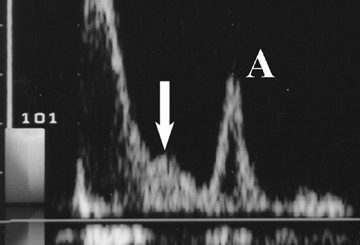Factors affecting Wound Healing
Contents
- 1 Which are the main cells of wound healing?
- 2 The basic structural unit of collagen fibrils
- 3 Smallest amino acid is
- 4 Fibroblast requires which vitamin to produce collagen?
- 5 Haemoglobin less than ————- causes poor oxygenation of tissues preventing healing of the wounds.
- 6 β-haemolytic streptococci more than ———- of tissue prevent wounds healing.
- 7 Arginine
- 8 Copper
- 9 Iron
- 10 Serum albumin level
- 11 Collagen
- 12 vitamin C
Which are the main cells of wound healing?
A. Neutrophils
B. Macrophages
C. B Lymphocytes
D. T-Cells
The basic structural unit of collagen fibrils
A. Tropomycin
B. Nidogen
C. Tropocollagen
D. Alpha helix
Smallest amino acid is
A. Lysine
B. Valine
C. Glycine
D. Proline
Fibroblast requires which vitamin to produce collagen?
A vitamin B6
B. vitamin C
C. vitamin D
D. vitamin E
Haemoglobin less than ————- causes poor oxygenation of tissues preventing healing of the wounds.
A. 8g %
B. 9g %
C. 10g %
D. 11g %
β-haemolytic streptococci more than ———- of tissue prevent wounds healing.
A. 102 per gram
B. 103 per gram
C. 105 per gram
D. 107 per gram
Arginine
Arginine is the immediate precursor of nitric oxide
Copper
Copper is a required co-factor for cytochrome oxidase, for cytosolic anti-oxidant superoxide dismutase, and for the optimal cross-linking of collagen
Iron
Iron is required for the hydroxylation of proline and lysine
Serum albumin level
Serum albumin level less than 2 g/dl causes prolonged inflammatory phase,
decreased fibroplasia, neovascularisation and cell synthesis and wound remodeling and hence decreased wound healing.
Collagen
Collagen is the major protein component of connective tissue; it contains mainly glycine, proline, and hydroxyproline.
vitamin C
Collagen synthesis requires hydroxylation of lysine and proline, and co-factors such as ferrous
iron and vitamin C.





